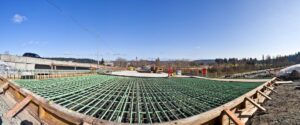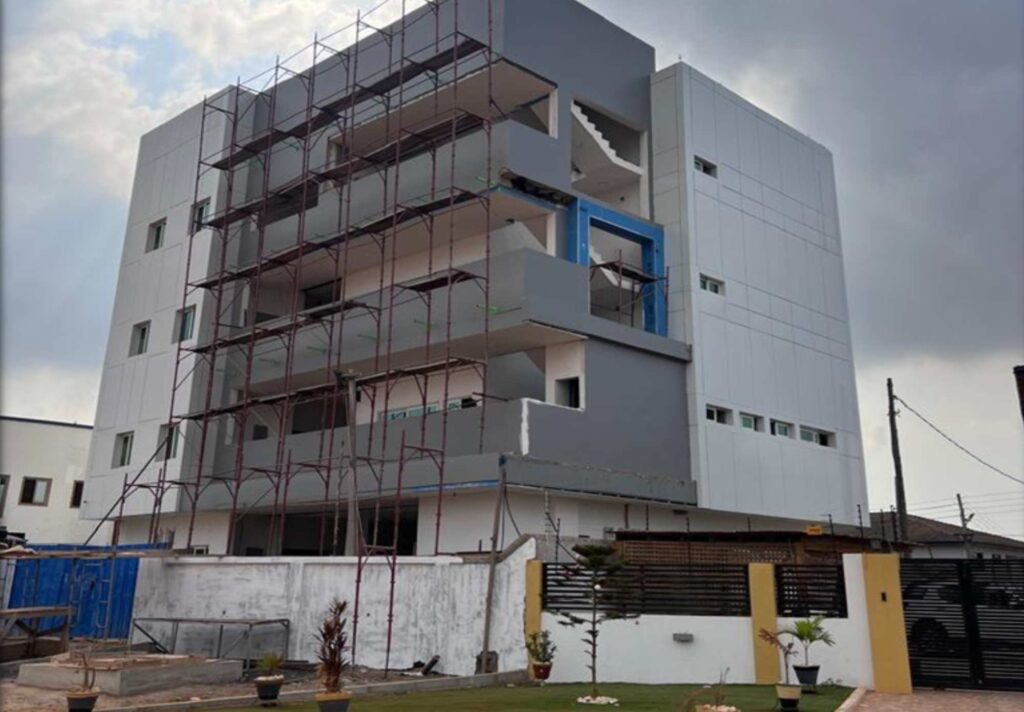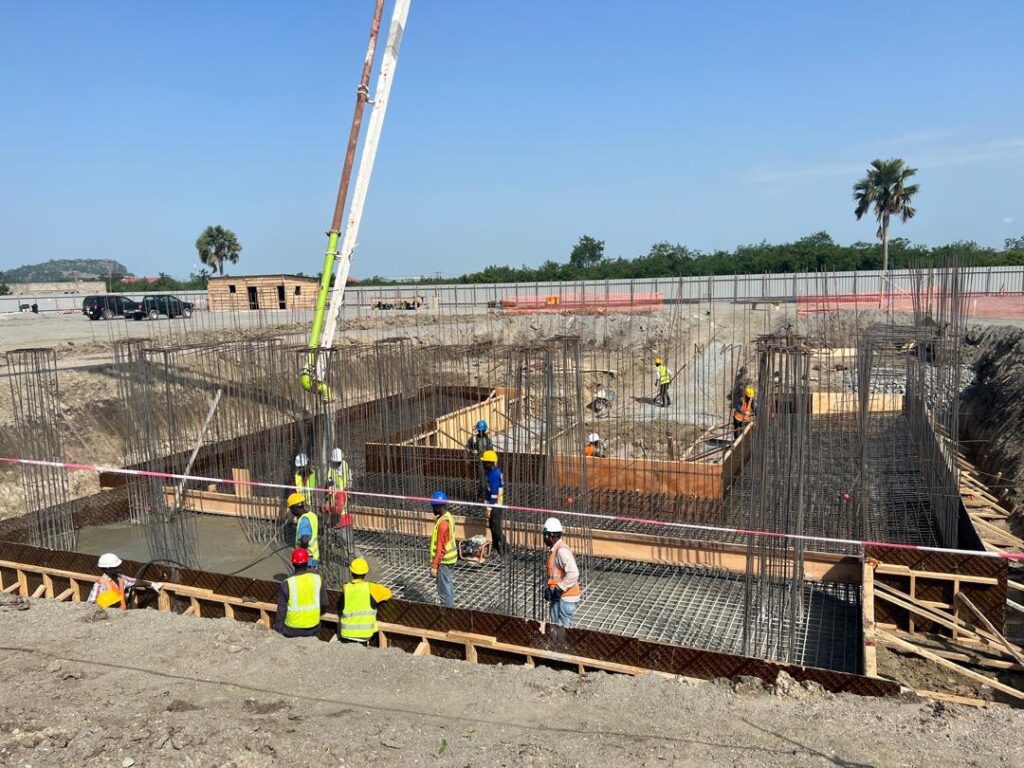Current State of Infrastructure Development
Ghana’s infrastructure development is at a critical juncture, reflecting both significant progress and substantial challenges. The country’s infrastructure landscape encompasses various sectors, including transportation, energy, water and sanitation, and telecommunications. These sectors are pivotal to Ghana’s economic growth and social development.
Transportation Infrastructure
Ghana has made strides in improving its transportation infrastructure, with key projects aimed at enhancing road networks, railways, ports, and airports. The government has prioritized the expansion and modernization of roads to facilitate trade and reduce travel times. Notable projects include the construction of the Accra-Tema Motorway Expansion and the Eastern Corridor Road Project, which are crucial for connecting major economic hubs.
Railway development is also gaining traction, with the rehabilitation of existing lines and the construction of new ones. The Ghana Railway Development Authority (GRDA) is spearheading efforts to revitalize the rail network, aiming to boost freight and passenger services. The Western and Eastern Rail Lines are undergoing significant upgrades, with plans to extend rail connectivity to neighboring countries.
Ports and airports are critical components of Ghana’s infrastructure. The expansion of the Tema and Takoradi ports aims to increase cargo handling capacity and improve efficiency. Additionally, the modernization of Kotoka International Airport, including the construction of Terminal 3, has enhanced the country’s aviation sector, making it a regional hub.
Energy Infrastructure
Ghana’s energy sector is undergoing a transformation to ensure reliable and sustainable power supply. The country has invested in diverse energy sources, including hydroelectric, thermal, and renewable energy. The Bui Dam and Akosombo Dam remain central to hydroelectric power generation, while thermal plants such as the Tema Thermal Power Complex supplement energy needs.
 Renewable energy is a growing focus, with initiatives to harness solar and wind power. The government aims to increase the share of renewable energy in the national grid, with projects like the Nzema Solar Power Station, one of the largest solar plants in Africa, contributing to this goal. Additionally, efforts to improve energy distribution and reduce losses are underway, supported by investments in grid infrastructure and smart technologies.
Renewable energy is a growing focus, with initiatives to harness solar and wind power. The government aims to increase the share of renewable energy in the national grid, with projects like the Nzema Solar Power Station, one of the largest solar plants in Africa, contributing to this goal. Additionally, efforts to improve energy distribution and reduce losses are underway, supported by investments in grid infrastructure and smart technologies.
Water and Sanitation
Access to clean water and adequate sanitation is essential for public health and economic development. Ghana has embarked on several projects to improve water supply and sanitation services. The Greater Accra Metropolitan Area Water and Sanitation Project (GAMA) is a notable initiative aimed at increasing access to potable water and improving sanitation facilities in urban areas.
Rural water supply programs are also a priority, with efforts to construct boreholes, small-town water systems, and mechanized wells. These projects aim to reduce the burden on rural communities and ensure equitable access to clean water.
Telecommunications
The telecommunications sector in Ghana has experienced rapid growth, driven by mobile connectivity and internet penetration. The expansion of mobile networks and the deployment of 4G services have significantly improved communication and access to information. The government, in partnership with private sector players, is working towards achieving nationwide coverage and bridging the digital divide.
Investments in fiber optic infrastructure are enhancing internet connectivity, supporting the growth of digital services and e-commerce. The National Broadband Infrastructure Project is a key initiative aimed at expanding high-speed internet access across the country.

Challenges and Opportunities
Despite the progress, Ghana’s infrastructure development faces several challenges. Financing remains a critical issue, with the need for substantial investments to meet infrastructure demands. Public-private partnerships (PPPs) are being explored as a viable solution to mobilize resources and share risks.
Additionally, regulatory and bureaucratic hurdles can delay project implementation. Streamlining approval processes and enhancing institutional capacity are essential to overcome these barriers. Ensuring the sustainability and resilience of infrastructure projects is also crucial, particularly in the face of climate change and environmental concerns.

Conclusion
Ghana’s infrastructure landscape is marked by significant achievements and ongoing efforts to address existing challenges. With strategic investments and effective collaboration between the government, private sector, and development partners, the country can continue to build robust infrastructure that supports economic growth and improves the quality of life for its citizens. As Ghana progresses on its development journey, the focus on sustainable and inclusive infrastructure will be key to achieving long-term prosperity.


